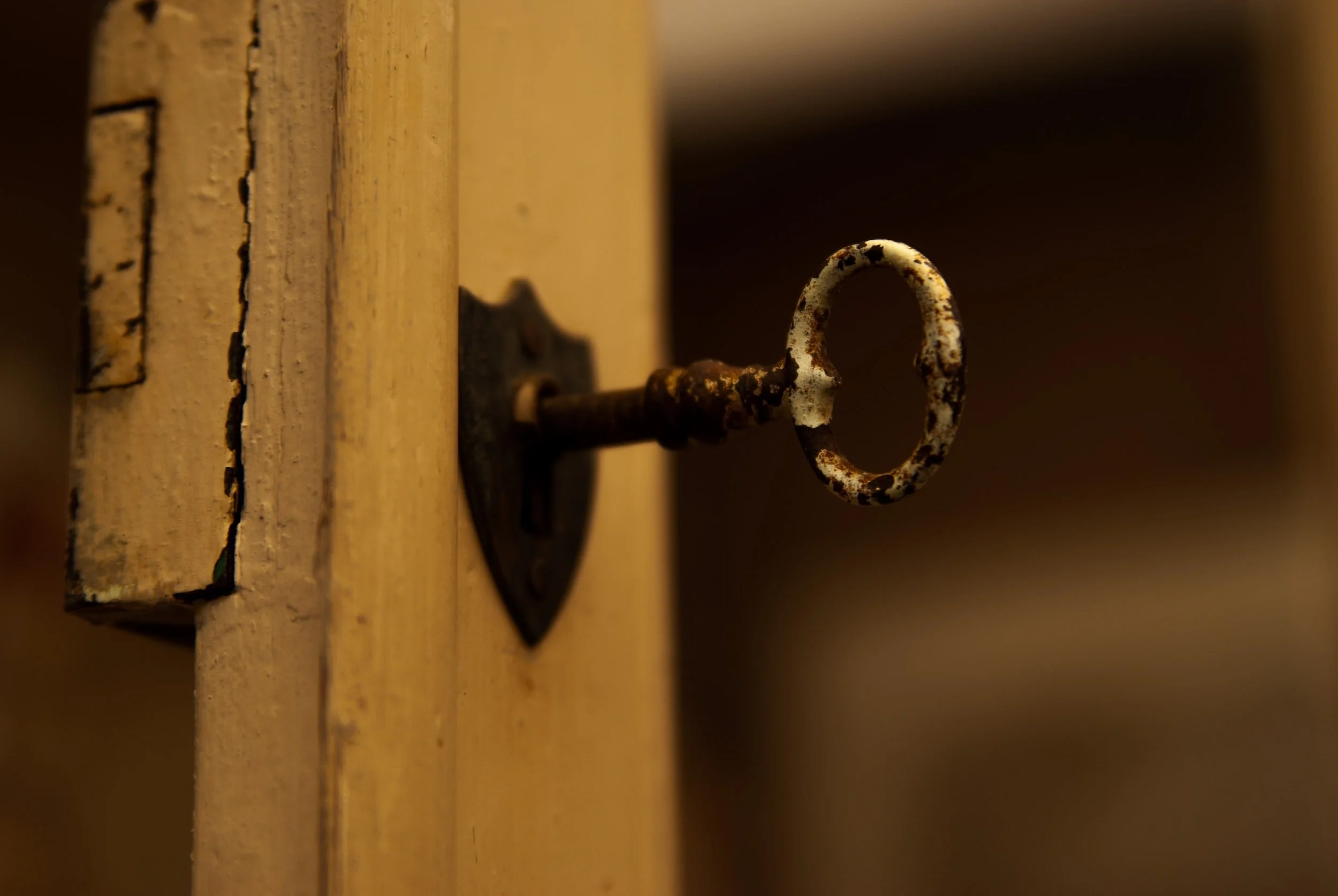Detaching (Without Metaphor)
The heavy wooden sailboat bobs aimlessly in the crystal coldness of the lake. Once again, the wind that propelled us down the lake two hours before has deserted us for our return trip.
“Get the oars out… we need to row,” Kurt tells me in his captain voice. I briefly tamp down my infantile response—“You’re not my boss!”—and clumsily yank the oars from under the deck. But within minutes I’m unleashing my fury with too many decibels and too much profanity: “You need to get a goddamn motor for this boat!” I yell.
I plunge my blade into the water. My ineffective strokes enrage me more, and do nothing to move the boat forward. I am forced to sync with Kurt. He gazes over me to the horizon and in a calm, steady voice begins to count…” One, two, one, two.
Kurt had bought the wooden 1940’s sailboat for a mere $750. For two years he reworked every square inch of the boat he named Ariel. He spent months hand-sanding layers and layers of peeling paint and more months painstakingly brushing on coat after coat of varnish and marine enamel. Torn nylon sails were replaced with canvas sails he sewed mostly by hand. Wood pieces, rotting from age, were replaced by oak pieces he steamed and bent.
For the most part, Kurt ignored my suggestions to use an electric sander, skip that last coat of varnish, hire a helper. Occasionally I’d let myself fantasize that perhaps future sail excursions would smooth the angry waters of our marriage. I’d imagine Kurt navigating us over the shimmering waters of Lake Whatcom while I sprawled on the boat’s deck, an icy margarita in hand, the sun melting away our marital tension.
However, once Ariel touched water, the boat became one more stage for our clashes. I scoffed at his insistence that a motor would taint the “purity” of the wooden boat. I was edgy through every departure and arrival, squeezing my eyes shut as he maneuvered the motorless bulk in and out of the dock. I reeled at his barked-out sailing directives. On this boat, marriage equality still reigns, I decided. Nobody is anybody’s captain.
After an hour of rowing, we finally touch dock, and I clamor out of the boat. He can get the fucking boat out of the water and onto the trailer by himself, I think. I head toward the marina’s shops. With each stride, I feel the relief of putting physical distance between us. The intensity of my one-sided meltdown has surprised even me. In the restroom I make the connection: my hormones are raging. The blood is bright; the flow is significant; I am miscarrying.
Kurt receives my news with a furrowed brow and slight cock of his head. I pack up quickly to speed our departure. But he moves stiffly, like a robot, sure to be thorough, sure to maintain his slow, maddening pace.
We arrive at the house and I run for the phone. The doctor tells me to stay home until the miscarriage is complete. Then come in for a D and C, a procedure to minimize infection. I scan Kurt’s face to see if he is registering our sadness. His face is inscrutable. He is focused on his task at hand. He finds sheets and blankets and makes himself a bed on the brown, brocaded, worn-out couch.
I watch him gather up bedding for himself and leave our bedroom. His long, lanky body claims every inch of the living room sofa and within minutes he has sunk into a deep, undisturbed sleep.
The cramps intensify. My body is moving faster than my heart. I crawl into bed. I lay down, then sit up, turn the light on, and then off again, to peer out the window at the neighborhood's unfamiliar, darkened emptiness. With each frequent trudge to the bathroom, I look into the living room. I want to shake Kurt out of his sleep to share this grief with me. I grieve hard for the child that’s not to be and a marriage that we can’t make work.
As the hours pass, I release my vision of the years ahead. The lightening sky brings relief. And with the dawn comes resolution. My voice is flat; my touch on Kurt’s sleeping shoulder has no heart. I’ve detached. I ask only for what he can deliver: “Kurt, wake up. I need a ride to the hospital.”
-Liz Wade
Liz Wade spent three decades teaching writing to young learners. Since retiring, she has focused on writing memoir and personal essays. She has had work published in Reminisce and has attended summer seminars at Cornell and Iowa City, as well as the annual Puget Sound Writers Workshops. When not writing she rides her bike on the rural roads of the Pacific Northwest and finds solace in yoga and messing around in her garden.



















